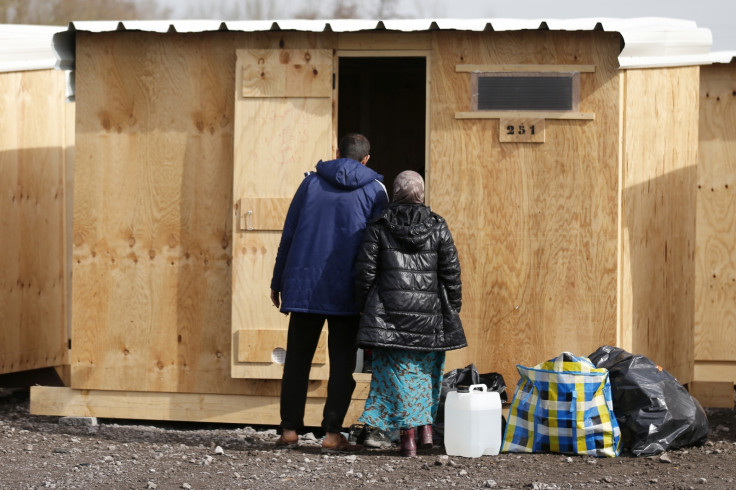Dunkirk migrant camp to close after series of clashes and attacks on truck drivers
French interior minister Bruno Le Roux cites 'unacceptable behaviour' by some migrants
France's interior minister, Bruno Le Roux, says a migrant camp in Dunkirk which has been the scene of serious clashes in recent weeks must close. The migrant population at Grande-Synthe camp has swelled since the October 2016 closure of the "Jungle" 25 miles along the coast in Calais.
In recent weeks there have been a number of incidents at the camp, including two shootings and two stabbings. On Tuesday (14 March) riot police clashed with migrants trying to enter the camp who burnt a barricade, according to The Telegraph.
Le Roux expressed concern about unacceptable behaviour by some migrants at the camp, who force other migrants to pay to use the showers. According to camp volunteers, many women wear nappies at night to avoid having to go to the toilet, where they may be raped.
"The question is no longer today about merely restoring public order. It is about the progressive dismantling of the camp, which must begin as soon as possible," Le Roux told a Senate hearing. "We cannot let things go on like this."
Grande-Synthe camp has become a draw for migrants hoping to reach the UK, and its population now stands at roughly 1,500, living in squalid conditions. Many more migrants are sleeping in woods near Calais and the mayor of the town has banned food handouts in a bid to deter them.
Hundreds more migrants are being turned back from the ports of Dunkirk and Calais and the entrance to the Channel Tunnel every day. Truck drivers have documented attacks as migrants try to sneak aboard, and several have died trying to walk through the tunnel.
Migrants continue to arrive in France from Italy every day, many of them sleeping rough in Paris before trying to head north. The French government has criticised the UK for not taking child migrants but has been criticised itself for dispersing thousands of migrants from the Jungle around the country.

© Copyright IBTimes 2024. All rights reserved.






